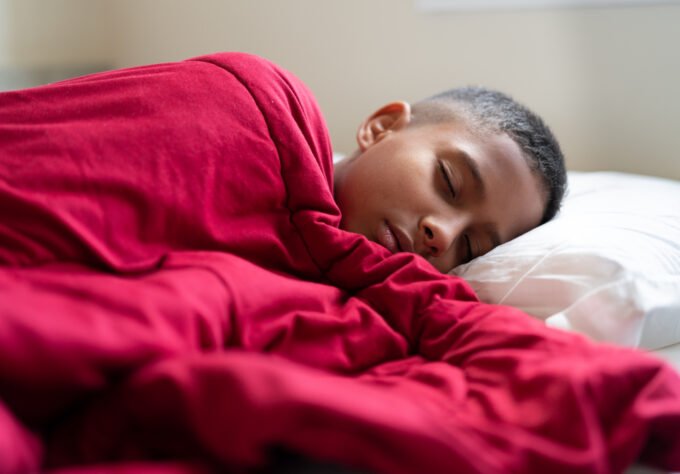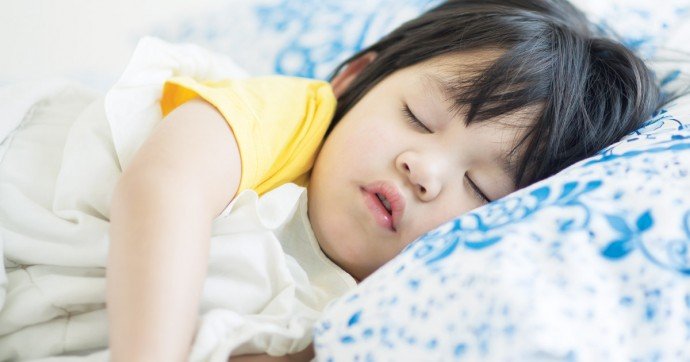
Introduction: How to Improve Sleep The Significance of Sleep Hygiene
In today’s fast-paced world, the importance of sleep is often underestimated. Yet, quality sleep is the cornerstone of good health, mental clarity, and emotional well-being. However, achieving restful sleep isn’t just about clocking in enough hours; it’s about the quality of those hours. This is where sleep hygiene comes into play.
Sleep hygiene encompasses the habits, practices, and environmental factors that contribute to a restful night’s sleep. By optimizing sleep hygiene, you can significantly improve not just the quality of your sleep but also your overall quality of life.
Understanding Sleep Hygiene: What It Is and Why It Matters
Sleep hygiene isn’t just about having a comfortable mattress or keeping the lights dim. It’s a holistic approach that involves behavioral, environmental, and psychological strategies aimed at ensuring optimal sleep.
- Behavioral Factors: These include your sleep schedule, pre-sleep routines, and day-to-day activities that can impact your sleep.
- Environmental Factors: This involves the physical setup of your bedroom, including lighting, temperature, and noise levels.
- Psychological Factors: Stress, anxiety, and mental health issues play a significant role in sleep quality.

Why is sleep hygiene so crucial? Poor sleep hygiene can lead to sleep disorders like insomnia, which in turn can cause a cascade of health problems, including weakened immunity, heart disease, diabetes, and mental health issues like depression and anxiety. Prioritizing sleep hygiene is, therefore, a preventive measure for both physical and mental health.
How to Develop a Sleep Hygiene Routine: A Step-by-Step Guide
1. Stick to a Consistent Sleep Schedule
Your body operates on a circadian rhythm—a natural, internal process that regulates the sleep-wake cycle. By going to bed and waking up at the same time every day, you reinforce this rhythm, making it easier to fall asleep and wake up naturally.
- Pro Tip: Try to maintain your schedule even on weekends. A drastic change in your routine can disrupt your sleep cycle, leading to what’s commonly known as “social jetlag.”
2. Create a Relaxing Pre-Sleep Routine
Establishing a calming bedtime routine signals to your body that it’s time to wind down. This routine can include activities like:
- Reading: Choose a book that’s relaxing rather than stimulating.
- Meditation or Deep Breathing Exercises: These practices reduce stress and prepare your body for sleep.
- A Warm Bath or Shower: The drop in body temperature post-bath mimics the body’s natural decrease in temperature during sleep onset.
3. Optimize Your Sleep Environment
Your bedroom should be a sanctuary dedicated to sleep. Consider the following:
- Temperature: Keep your room cool—ideally between 60-67°F (15-19°C).
- Lighting: Dim the lights as you approach bedtime and ensure your room is dark during sleep. Consider blackout curtains or a sleep mask if needed.
- Noise Levels: Silence is golden. If external noises are unavoidable, use earplugs or a white noise machine to mask disruptive sounds.
- Comfort: Invest in a high-quality mattress and pillows that provide adequate support. Your bedding should be comfortable and suited to your personal preference.
4. Limit Screen Time Before Bed
Exposure to blue light from screens can interfere with melatonin production, a hormone that regulates sleep. To mitigate this:
- Turn off Electronics: Aim to power down all screens at least an hour before bed.
- Use Blue Light Filters: If you must use a device, enable blue light filters or wear blue light-blocking glasses.
5. Be Mindful of Your Diet and Hydration
What you consume before bed can greatly impact your sleep quality. Consider these tips:
- Avoid Heavy Meals: Eating large or spicy meals can cause discomfort or indigestion, which can disrupt sleep.
- Limit Caffeine and Alcohol: Caffeine is a stimulant that can keep you awake, and while alcohol might help you fall asleep initially, it disrupts sleep later in the night.
- Stay Hydrated, But Not Too Much: Drink enough water throughout the day, but try to limit fluids close to bedtime to avoid middle-of-the-night bathroom trips.
6. Incorporate Regular Physical Activity
Exercise is a natural sleep aid. It helps reduce stress and anxiety and promotes deeper sleep. However, timing is key:
- Best Time to Exercise: Morning or early afternoon workouts are ideal. Avoid intense physical activity close to bedtime as it can energize you rather than help you wind down.
7. Manage Stress and Mental Health
Stress and anxiety are common culprits behind sleep problems. Incorporating stress management techniques into your daily routine can help:
- Practice Mindfulness: Techniques like meditation, deep breathing, and progressive muscle relaxation can help calm your mind.
- Keep a Sleep Journal: If worries keep you up at night, jot them down in a journal. This can help you clear your mind before bed.
Common Pitfalls in Sleep Hygiene and How to Avoid Them
- Inconsistent Sleep Schedule: Varying your sleep time can throw off your circadian rhythm. Stick to a routine even on weekends.
- Using Your Bed for Non-Sleep Activities: The bed should be associated with sleep and intimacy only. Avoid watching TV, working, or eating in bed.
- Ignoring Sleep Disorders: Conditions like sleep apnea or chronic insomnia should not be ignored. If you suspect you have a sleep disorder, consult a healthcare professional for appropriate treatment.
Advanced Tips for Enhancing Sleep Hygiene
- Cognitive Behavioral Therapy for Insomnia (CBT-I): If you struggle with chronic insomnia, CBT-I is a structured program that helps you identify and change thoughts and behaviors that cause or worsen sleep problems.
- Sleep Apps and Wearables: Consider using technology to your advantage. Sleep tracking apps and devices can provide insights into your sleep patterns and suggest improvements.
Conclusion: Make Sleep Hygiene a Priority
Improving sleep hygiene is one of the most effective ways to enhance your overall health and well-being. By making conscious choices about your sleep environment, routines, and mental health, you can enjoy more restful nights and more productive days. Remember, good sleep isn’t a luxury; it’s a necessity


